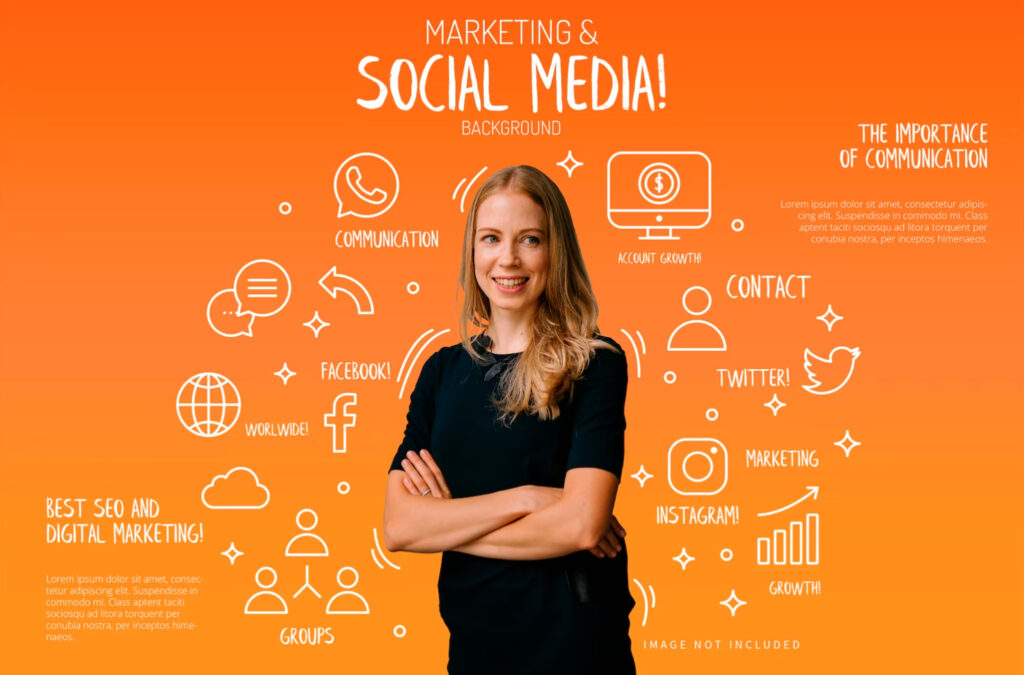Social Media Marketing (SMM) has revolutionized the way businesses promote their products and engage with customers. In this blog post, we will delve into the evolution of social media marketing, understanding how it has become an integral part of digital marketing strategies.
Social Media Marketing is using social media platforms to connect with the target audience, build brand awareness, and drive website traffic. It involves sharing content, running paid advertisements, and fostering interactions to achieve marketing goals.
With billions of active users, social media platforms offer an unparalleled opportunity for businesses to reach their target markets and create meaningful customer relationships.
The Past: Early Days of Social Media Marketing
Emergence of Social Media Platforms
The journey of SMM dates back to the late 1990s and early 2000s when platforms like Friendster and MySpace paved the way for online social networking. These platforms allowed individuals to connect, share content, and communicate.
Initial Uses for Marketing
In the early days, businesses primarily used social media for basic brand promotion and customer engagement. The focus was on growing a follower base and sharing updates.
The Present: Social Media Marketing Landscape
Dominant Social Media Platforms
Today, social media marketing is dominated by major platforms such as Facebook, Instagram, Twitter, LinkedIn, and YouTube. Each platform offers unique marketing opportunities based on its user demographics and features.
Integration of Social Media in Business Strategies
SMM is no longer an afterthought; it has become a crucial component of comprehensive digital marketing strategies. Companies now use social media for customer support, lead generation, content distribution, and driving sales.
Evolution of Strategies: From Basic to Advanced
Organic Reach vs. Paid Advertising
In the early days, organic reach was sufficient to gain visibility. However, as social media algorithms evolved, organic reach declined. Today, businesses often utilize paid advertising to reach a wider audience.
Influencer Marketing and User-Generated Content
Influencer marketing and user-generated content have gained immense popularity. Collaborating with influencers and encouraging users to create content fosters authenticity and builds brand loyalty.
Personalization and Targeting
Advanced targeting options enable businesses to deliver personalized content to specific audience segments, increasing the effectiveness of marketing campaigns.
Future Trends: What Lies Ahead in Social Media Marketing
Emerging Technologies
The future of SMM is intertwined with emerging technologies like augmented reality, virtual reality, and artificial intelligence, which will revolutionize how brands interact with consumers.
Shifts in Consumer Behavior
Understanding evolving consumer behavior is vital. The rise of social commerce and increased focus on sustainability will shape the future landscape of social media marketing.
Predictions for the Future
Social media marketing will continue to evolve rapidly. Companies that adapt to new trends and technologies will stay ahead in the competitive digital landscape.
Conclusion
In conclusion, the evolution of social media marketing has been nothing short of extraordinary. From its humble beginnings to its status as a powerhouse in the digital marketing realm, SMM has changed the way businesses connect with audiences. To thrive in this dynamic field, continuous adaptation and innovation are key.


